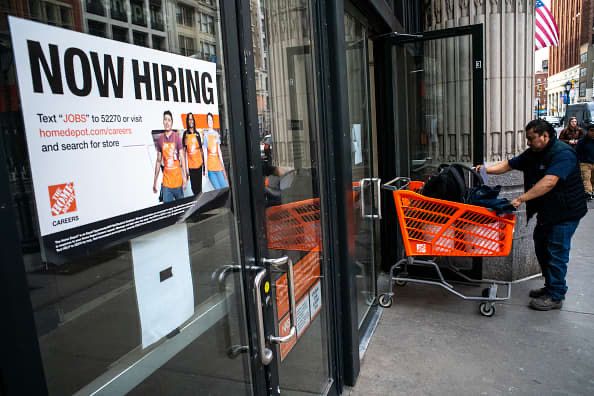
Dr. Lauren Daley
@drlaurendaley.bsky.social
290 followers
440 following
52 posts
Future of work. Career planning. Women at work. Shifting paradigms. Screaming into the void.
Posts
Media
Videos
Starter Packs



